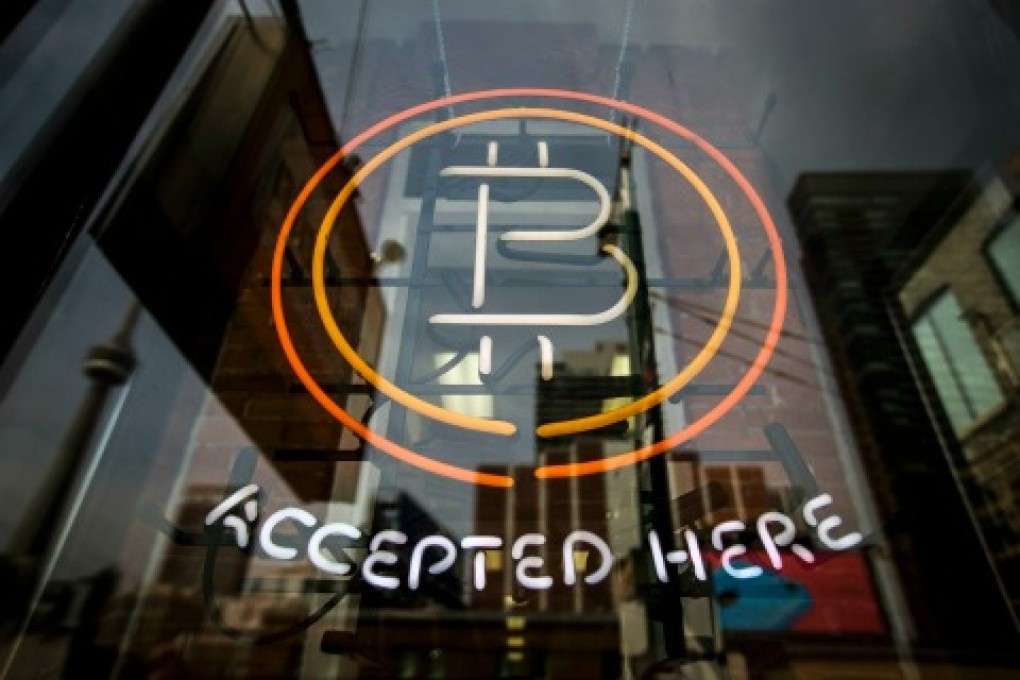Chinese bitcoin firms plan to go offshore to sidestep crackdown
Digital currency firms plan relocation and offshore banking to avoid mainland crackdown

Chinese bitcoin businesses are drafting plans to escape the mainland crackdown on the digital currency, the South China Morning Post has learned.
China's biggest bitcoin exchange, Huobi, is considering shifting its operations abroad to protect its customers.
"We are trying to create an offshore account and to go international," Leon Li, founder and chief executive of the Beijing-based trading platform, told the Post. "We don't want to touch the customers' money in China, because maybe [regulation] is going to get worse."
Watch: What's Bitcoin and how does it work?
Before the crackdown, customers could deposit or transfer money to or from the company's mainland bank account. In future, they may have to use overseas bank accounts in order to bypass the mainland's tightly controlled banking system.